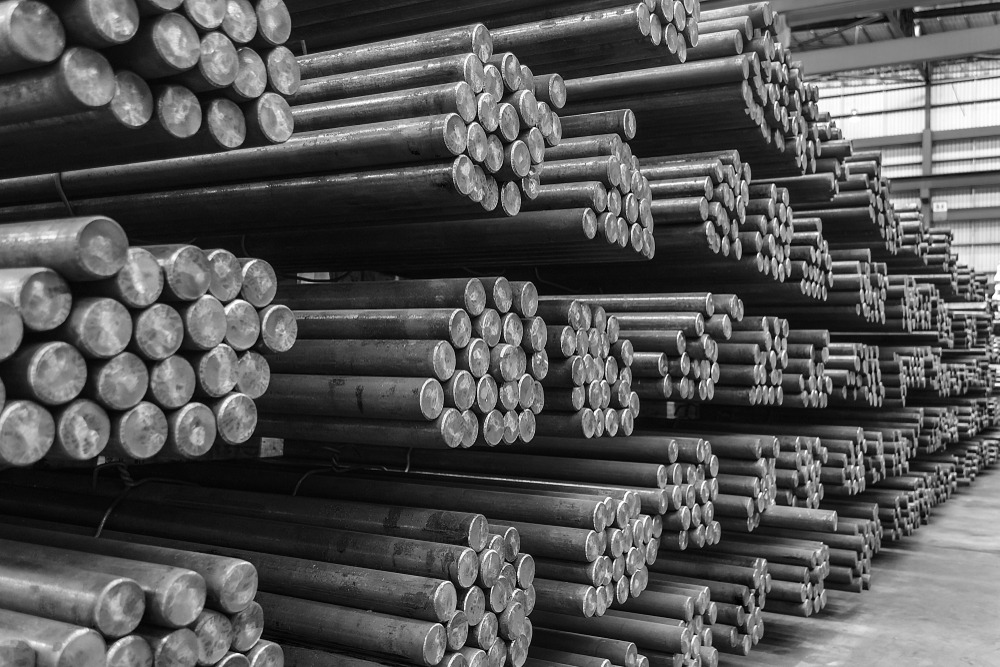
As the Trump Administration considers import restrictions after launching an investigation into steel and aluminum markets last year, the Motor & Equipment Manufacturers Association (MEMA) called on Tuesday for the Administration not to impose blanket quotas or tariffs.
MEMA, which represents more than 1,000 vehicle suppliers across the country, stated in a letter to President Donald Trump that member companies operate in an “integrated global supply chain” and steel and aluminum products “must be excluded from any import adjustments to keep the industry running smoothly.”
The Administration is reportedly nearing a decision on whether or not to restrict steel and aluminum imports under Section 232 of the Trade Expansion Act of 1962. The section allows import restrictions on materials that have national security implications. On Tuesday, the president said he was considering “all options.”
“I want to keep prices down, but I also want to make sure that we have a steel industry and an aluminum industry, and we do need that for national defense,” Trump said. “If we ever have a conflict, we don’t want to be buying the steel from a country that we’re fighting, because somehow that doesn’t work very well.”
MEMA President and CEO Steve Handschuh argued in a letter to the president that “national security also depends on the economic security of the country.” Disruptions in supply chains and increased production costs “will not contribute to the national security of the United States,” he added.
“Many specialty materials and components imported by motor vehicle suppliers are used by hundreds of vehicle parts manufacturers,” the letter stated. “Our comments included non-exhaustive lists of steel and aluminum products that must be excluded from any import adjustments to keep our industry running smoothly. Suppliers’ access to these specialized products is critical to the industry and our national economy.”
If tariff determinations are made, Handschuh continued, these products should be excluded and individual companies shouldn’t have to apply for exemptions to import the specialty products.
“Such a requirement would place a significant regulatory burden on the industry, particularly smaller manufacturers that lack internal trade and compliance personnel,” the letter stated. “Therefore, if the Administration determines that a tariff is necessary, MEMA urges the Administration to take a country- and product-specific approach to this issue rather than imposing blanket quotas or tariffs on all steel and aluminum imports. Alternatively, MEMA would recommend that the Administration implement a robust exemption or exclusion process that would allow industry representatives, like trade associations, to apply for exemptions on behalf of multiple member companies, and that those exemptions go into effect before any tariff is imposed.”